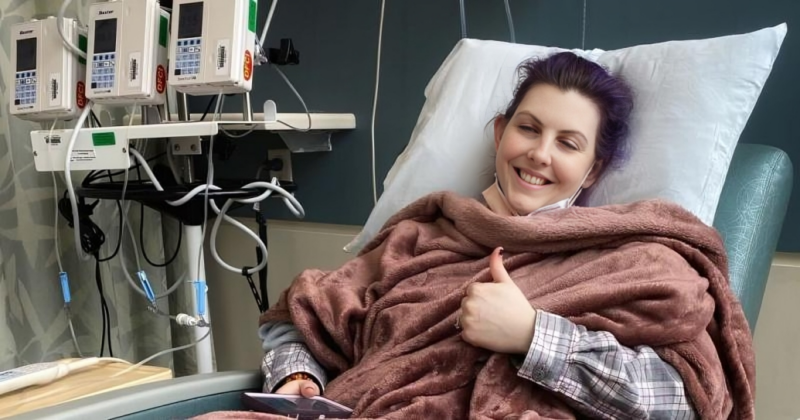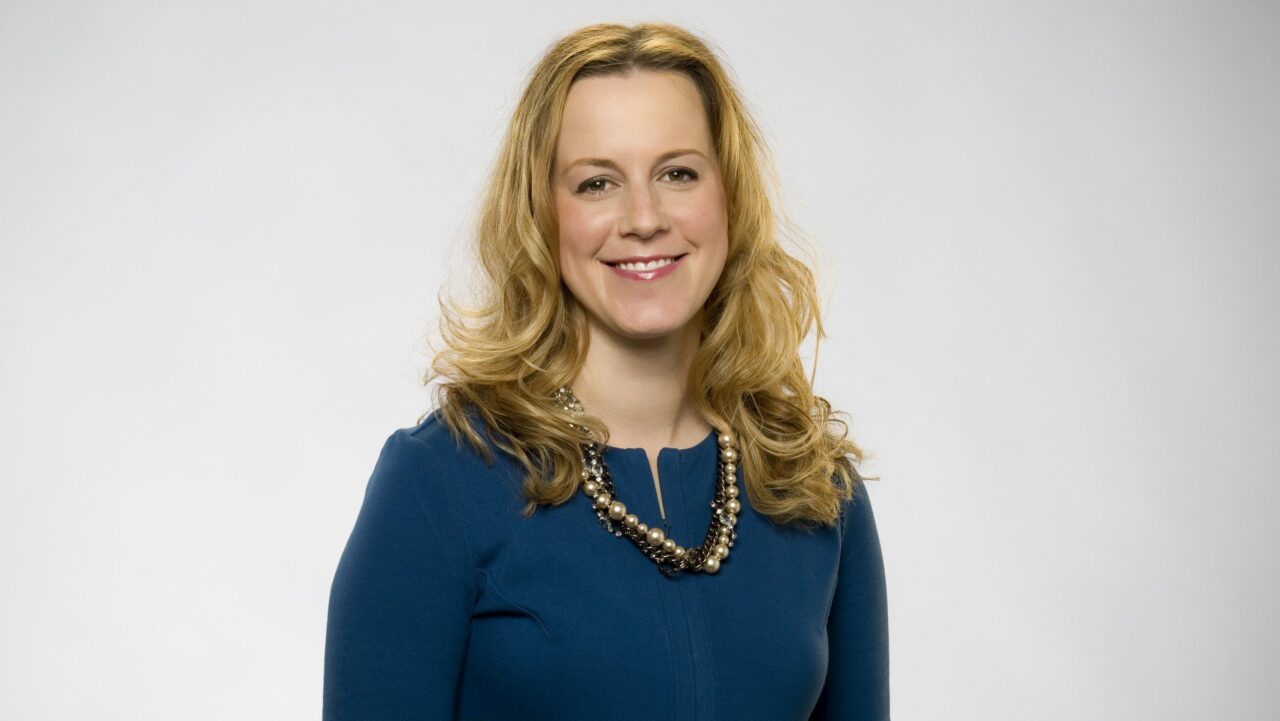Erika Hamilton recently shared a post by Samu Shiva, Physician Lead of Lifestyle Medicine and Obesity Medicine at Kaiser Permanente – Southern California Permanente Medical Group Physician Careers, on LinkedIn, adding:
“This is what drove the recommendations for colonoscopy to start at 45, not 50 like it used to be.
Some patients with special risk factors or family history may need to start even sooner. Ask your doctor what is right for you!
Just like breast cancer, prevention and early detection saves lives even more than our therapeutic advances from drugs.”
Quoting Samu Shiva’s post:
“Even as overall cancer deaths continue to fall in the U.S., the American Cancer Society is reporting for the first time that colon and rectal cancers have become leading causes of cancer death in younger adults. The finding was published Wednesday in CA: A Cancer Journal for Clinicians.
Colorectal cancer is the deadliest cancer for men under age 50 and the second deadliest cancer among women in the same age group, behind breast cancer.
The incidence of coloncancer has been rising for at least the last two decades, when it was the fourth-leading cause of cancer death for both men and women under 50.
Cancer is the second-leading cause of death in the United States overall and the leading cause among people younger than 85 years. The coronavirus disease 2019 (COVID-19) pandemic caused delays in the diagnosis and treatment of cancer in 2020 because of health care setting closures, disruptions in employment and health insurance, and fear of COVID-19 exposure. The question of whether these delays lead to increased diagnosis of advanced-stage disease and, ultimately, higher cancer mortality at the population level will be answered gradually over many years. What is already well-established is the disproportionate direct and indirect impact of the pandemic on communities of color, which may ultimately exacerbate cancer disparities.
Cancer mortality continued to decline in the United States through 2021, resulting in an overall drop of 33% since 1991 because of reductions in smoking, earlier detection for some cancers, and improved treatment, including recent developments in targeted therapies and immunotherapy. However, progress is lagging in cancer prevention, as incidence continues to increase for 6 of the top 10 cancers, including breast, prostate, uterine corpus, pancreas, oropharynx, liver (female), kidney, and melanoma, as well as CRC and cervical cancer in young adults.
Among adults younger than 50 years, CRC is now the leading cause of cancer death in men and the second-leading cause in women (behind breast cancer), despite ranking fourth in 1998. Additionally, cancer patients are increasingly shifting from older to middle-aged individuals who have many more years of life expectancy, and thus, opportunity to experience the late effects of treatment, including subsequent cancers. Progress is also stagnant in reducing cancer disparities, especially among Black women, who have mortality rates 40% higher for breast cancer and two times higher for uterine corpus cancer despite similar incidence.”

Sources: Erika Hamilton/LinkedIn and Samu Shiva/LinkedIn
Erika Hamilton is a medical oncologist and the Director of Breast Cancer and Gynecologic Cancer Research at Sarah Cannon Research Institute (USA). In her role, Dr. Hamilton oversees the research program and clinical trial menu for gynecologic and breast cancer from a medical oncology perspective. Dr. Hamilton is a past chair of ASCO’s Scientific Breast Committee a ’21-’22, participant of the ASCO Leadership Development Program, Associate Editor for Clinical Breast Cancer, co-chair for Great Debates and Updates in Women’s Oncology Conference and a board member of the Susan G. Komen Foundation of Central Tennessee. She is active in the community, volunteering with Gilda’s Club Middle Tennessee, the American Cancer Society’s Hope Lodge, Ovarcome ovarian cancer support organization, Brentwood Baptist Church and the Susan G. Komen Race for the Cure.


